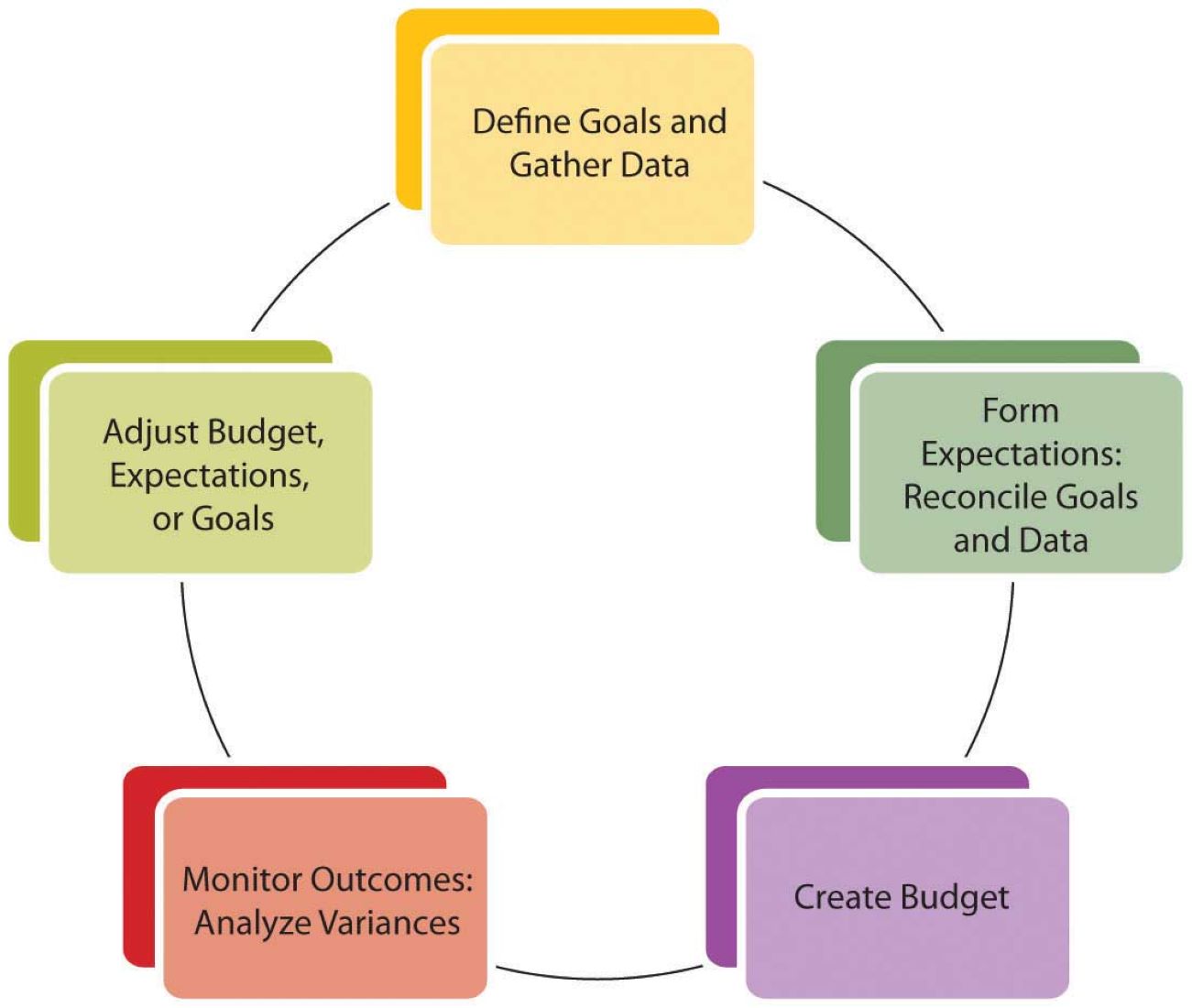

Finance
Distress Price Definition
Published: November 12, 2023
Discover the meaning of distress price in finance and how it affects the market. Uncover the impact of financial distress on asset valuation.
(Many of the links in this article redirect to a specific reviewed product. Your purchase of these products through affiliate links helps to generate commission for LiveWell, at no extra cost. Learn more)
Understanding Distress Price: Definition, Impact, and Importance
When it comes to navigating the world of finance, there are various key terms and concepts that can sometimes be confusing. One of these terms is “distress price.” So, what exactly is a distress price, and how does it impact the financial market? In this blog post, we will dive into the definition, the impact it has, and why it’s important to understand it in the context of finance.
Key Takeaways:
- A distress price refers to a significantly reduced price for an asset or investment, usually due to financial distress or unfavorable market conditions.
- Distress prices can present opportunities for investors looking to acquire assets at a discounted rate, but they also carry a higher level of risk.
Definition: A distress price is when an asset or investment is sold for a significantly reduced value compared to its fair market value. It typically occurs when the seller is facing financial distress or unfavorable market conditions. This distress sale is often driven by a need to generate cash quickly or cut losses, prompting the seller to accept a lower price than what the asset or investment may have previously been worth.
Impact: The occurrence of a distress price in the financial market can have both positive and negative impacts. Let’s take a closer look:
Positive Impact:
- Opportunity for investors: Distress prices can create opportunities for investors who are looking to acquire assets or investments at a discounted rate. By capitalizing on distress sales, investors may be able to maximize their future returns.
- Market stabilization: When distress prices occur, it can help stabilize the market by allowing distressed sellers to realize liquidity and reduce their financial burden.
Negative Impact:
- Higher investment risk: Investing in distressed assets or investments carries a higher level of risk. These distressed assets may require significant improvements or may have uncertain future prospects, potentially leading to lower returns or even losses.
- Market volatility: Distress prices can contribute to market volatility, as the sudden sale of assets at significantly reduced prices can impact market prices and investor confidence.
Importance: Understanding the concept of a distress price is crucial for investors and financial professionals alike. Here’s why:
Identifying investment opportunities:
By recognizing distress prices, investors can identify investment opportunities that offer the potential for attractive returns. However, careful analysis and due diligence are essential to assess the underlying value and risks associated with these assets or investments.
Risk management:
Understanding distress prices allows investors to manage their risk more effectively. It helps them make informed decisions about the potential rewards and risks associated with investing in distressed assets or taking advantage of distress sales.
Market analysis:
Monitoring distress prices can provide valuable insights into the overall health of the financial market. The occurrence of distress sales may reflect broader economic trends or specific industries experiencing challenges.
While distress prices can present opportunities, they also come with their fair share of risks. It is crucial to conduct thorough research, consult with financial experts, and weigh potential returns against the inherent uncertainties before making any investment decisions.
Now that you understand the definition, impact, and importance of distress prices, you are better equipped to navigate the intricate world of finance. By staying informed and leveraging your knowledge, you can potentially capitalize on investment opportunities and make informed financial decisions.














